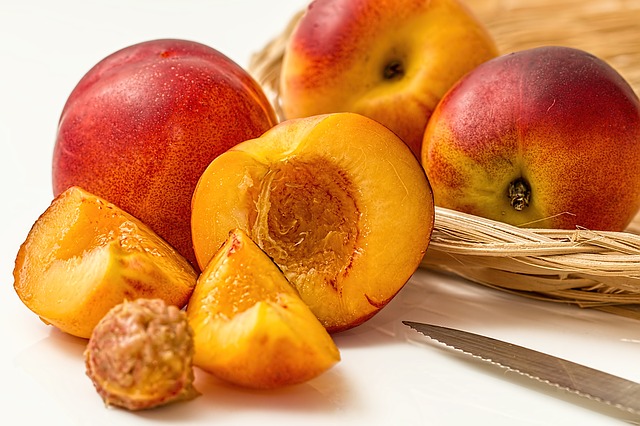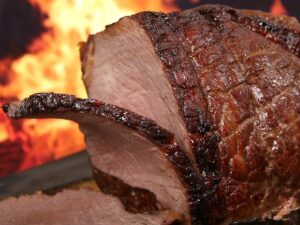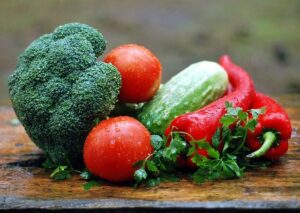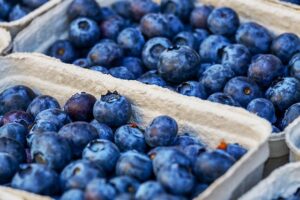Introduction
Mashed potatoes are a popular side dish enjoyed by many people around the world. They are made by boiling and mashing potatoes, often with the addition of butter, milk, or cream. While potatoes are known for being a good source of carbohydrates, many people wonder about their protein content. In this article, we will explore how much protein is in mashed potatoes and discuss their nutritional value.
Protein Content in Mashed Potatoes
When it comes to protein, mashed potatoes are not particularly high in this nutrient. According to the United States Department of Agriculture (USDA) National Nutrient Database, 100 grams of mashed potatoes contain approximately 2 grams of protein. This amount can vary slightly depending on the specific recipe and ingredients used.
Potatoes are primarily composed of carbohydrates, with a relatively small amount of protein. The protein content in mashed potatoes is significantly lower compared to other protein-rich foods such as meat, fish, legumes, or dairy products. Therefore, if you are looking to increase your protein intake, mashed potatoes may not be the best choice.
Nutritional Value of Mashed Potatoes
While mashed potatoes may not be a significant source of protein, they do offer other nutritional benefits. Potatoes are a good source of vitamins and minerals, including vitamin C, vitamin B6, potassium, and fiber. They also provide a moderate amount of dietary fiber, which can aid in digestion and promote feelings of fullness.
However, it’s worth noting that the nutritional value of mashed potatoes can vary depending on the preparation method. Adding butter, milk, or cream to mashed potatoes can increase their calorie and fat content. Therefore, it is important to consider the overall balance of your meal when consuming mashed potatoes.
Alternative Sources of Protein
If you are looking to increase your protein intake, there are many other food options that are higher in protein than mashed potatoes. Some examples include:
Meat and Poultry: Lean cuts of beef, chicken, turkey, and pork are excellent sources of protein.
Fish and Seafood: Fish such as salmon, tuna, and trout are not only high in protein but also rich in omega-3 fatty acids.
Legumes: Foods like lentils, chickpeas, and black beans are plant-based sources of protein that also provide fiber and other nutrients.
Dairy Products: Milk, yogurt, and cheese are all good sources of protein, as well as calcium and other essential nutrients.
Eggs: Eggs are a versatile and affordable source of protein, containing all essential amino acids.
Including a variety of these protein-rich foods in your diet can help ensure you meet your daily protein needs.
Conclusion
While mashed potatoes are a delicious and comforting side dish, they are not a significant source of protein. With approximately 2 grams of protein per 100 grams, mashed potatoes should not be relied upon as a primary protein source. However, they do offer other nutritional benefits, such as vitamins, minerals, and dietary fiber. To meet your protein needs, it is advisable to include other protein-rich foods in your diet.
References
– USDA National Nutrient Database: https://fdc.nal.usda.gov/












